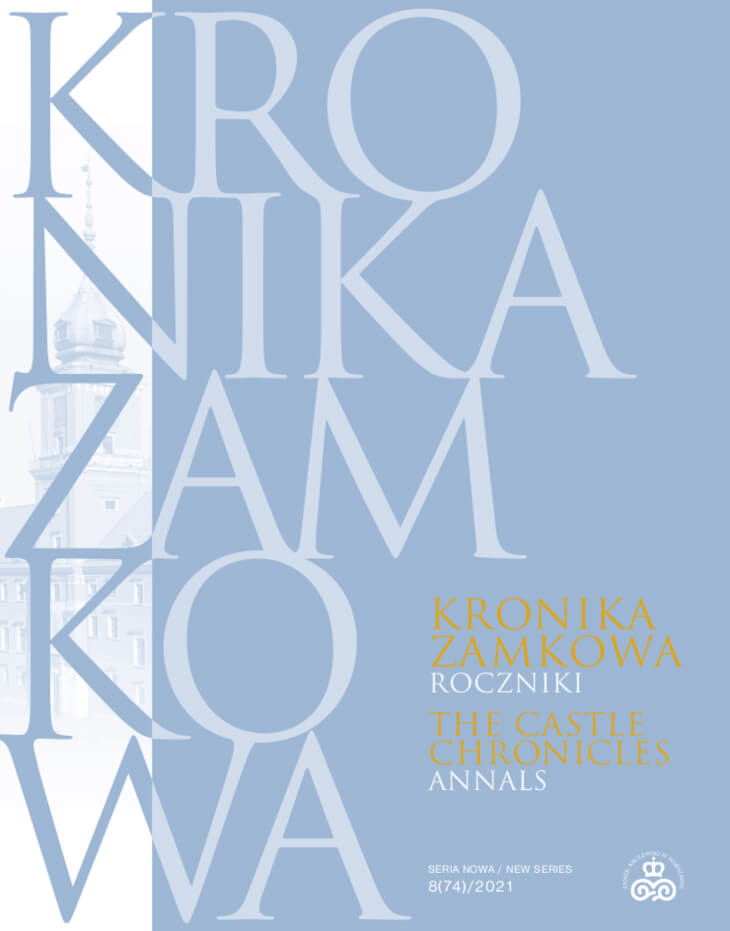Origins and Consolidation of the Term “Opera”:
From Italy to the Holy Roman Empire, England, France, and Spain
Origins and Consolidation of the Term “Opera”:
From Italy to the Holy Roman Empire, England, France, and Spain
Author(s): Daniel MARTÍN SÁEZSubject(s): Fine Arts / Performing Arts, Cultural history, Social history
Published by: Arx Regia® Wydawnictwo Zamku Królewskiego w Warszawie – Muzeum
Keywords: opera; musicology; history of ideas; Robert Haas; Edward J. Dent; Donald J. Grout
Summary/Abstract: In the first half of the twentieth century, Robert Haas, Edward J. Dent, and Donald J. Grout studied the history of the term “opera.” Based on the study of some libretti, they underlined its marginal place in the seventeenth century, stressing that other labels, such as favola in musica or dramma per musica, were preferred by librettists and composers. They also concluded that “opera” was only commonly used after 1637, and then only in a very limited way. From them derives what we tend to think about this puzzling term, which certainly deserves further study. This article revises the genealogy of the word. It considers its connection with the Latin term opus, widely used in music in the sixteenth and seventeenth centuries when it was adjectivized in various ways until it became the name of a genre. The operatic meaning was more widespread, began earlier, and was much more significant than the aforementioned scholars thought, both in Italy and other countries. Certainly, it was used in very different ways depending on the institutional context, but its development in various European countries shows its richness rather than its ambiguity. For this reason, the history of the term could help solve both lexical and ontological problems.
Journal: Kronika Zamkowa. Roczniki
- Issue Year: 8/2021
- Issue No: 8
- Page Range: 179-196
- Page Count: 18
- Language: English

